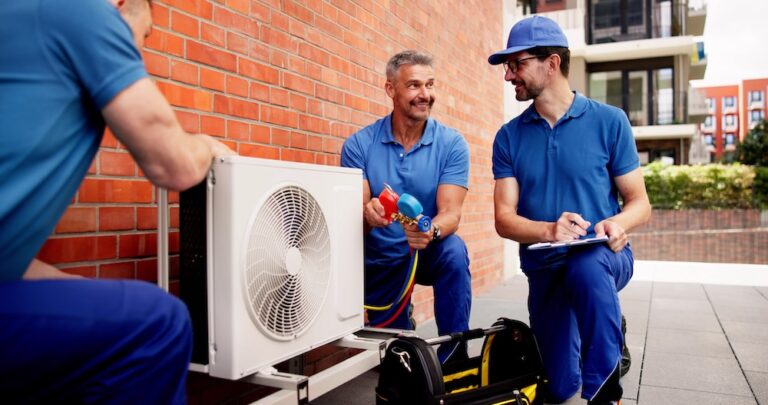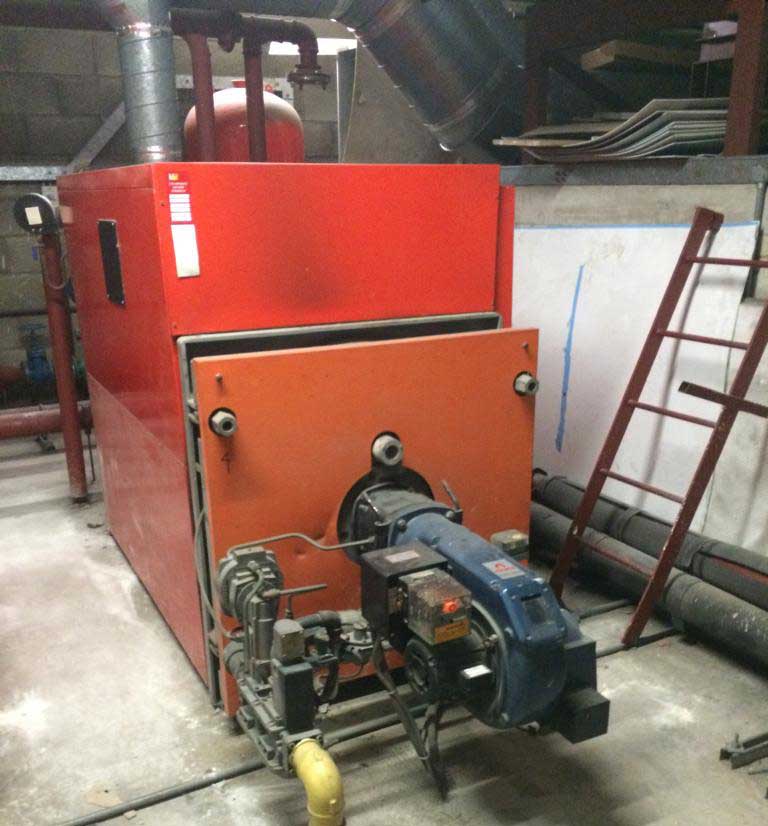Heating Systems for Hotels
Save on heating bills, energy, and keep your guests happy with the right heating system.
Heating and cooling a hotel uses even more energy than lighting, using 40 percent of the total electrical usage, and half of the natural gas.
This makes the heating, ventilation, and air conditioning system in hotels one of their biggest expenses, accounting between 60 to 80% of energy costs.
It also makes hotels energy consumption responsible for up to 60% of their carbon footprint.
What is the importance of HVAC systems in hotels?
Choosing the right heating system can make a big difference to reducing carbon emissions, being energy efficient, and saving money.
Guests expect heating, cooling, and hot water any time they want it, and the right heating system means your guests are comfortable and happy.
Ventilation has become more of a priority since Covid. The right air ventilation can reduce the spread of germs, keeping staff and guests safe.
Also, more businesses are realising the importance of being environmentally friendly. With 55% of travellers making sustainable travel decisions than previous years.
A massive 70% of travellers said they are more likely to book accommodation that is eco-friendly with 7% paying an extra £7-£11 a night for more environmentally friendly hotels.
If your hotel shows it is concerned about reducing their impact on the environment, then not only will it save energy, and money, but it will attract more customers leading to more sales.
What are the different types of heating and cooling systems for hotels?
Hotels need to have heat, hot water, and air con whenever a guest wants it.
This costs hotels a lot of money ensuring these are always ready for guests. Customers don’t care about your energy consumption or the cost of it. They will use these resources, sometimes without even needing them.
When hotel rooms are unoccupied, or the hotel has a lower than full capacity then heating the whole hotel wastes energy and money.
Due to this unique setup, hotels need a heating and cooling system that can handle all of this.
There are three main types of heating systems for hotels:
- Packaged terminal air conditioner or PTAC which are individual units for hotel rooms.
- A vertical terminal air conditioner or VTAC which is a through-the-wall packaged system to provide heat and cooling for single or multiple rooms.
- Variable refrigerant flow or VRF, which is a single outdoor condensing unit to heat and cool different areas.
For advice on the best heating system for your hotel contact our commercial heating engineers here at Atmostherm Ltd.
How to choose heating and cooling systems for hotels?
There are a number of factors that should be taken into account when deciding on the best heating and cooling system for your hotel.
- How environmentally friendly is it? With more legislation and pressure from consumers to be sustainable, you need to limit the carbon dioxide emissions of your heating system.
Not only will it make the hotel more appealing to consumers, it will save energy, and money.
- Although some guests like white noise, a lot do not. If the HVAC system is too noisy it will impact your guests sleep and repeat custom. They may also make a point of stating this in reviews which could affect sales.
- The cost. Of course, the cost is a huge factor when deciding. You should consider, not just how much it is to install, but how much in the long-term. Usually, the eco-friendlier options are slightly more expensive to install but save money in the long-term.
- Do you have a facilities manager who can ensure the HVAC system is regularly maintained? This needs to be included in the long-term cost of running your heating system.
- An engineer should conduct a load calculation to see how much energy you need for your particular building. This will help narrow your choices.
What is the most sustainable form of heating?
There are lots of options for making your hotel more sustainable when it comes to heat.
Heat pumps or hybrid heat pumps systems for hotels are one of the most environmentally friendly ways of heating buildings.
How can hotels increase sustainability through their heating system?
There are lots of way to reduce your carbon emissions, keep your guests happy, and save money.
- Separate your heating and water. You won’t have to use energy to heat your water when it is not needed.
- Air conditioning units that provide hot and cold air are environmentally friendly and give you and your guests control over the heating system.
- Using an automated check-out system which is linked to your heating and reservation system means unoccupied rooms won’t use as much energy. This can reduce your costs by up to 45 percent.
- Use a commercial heat pump instead of a typical water heater. A heat pump can be up to four times more energy efficient and save up to 50 percent on costs.
- Service your HVAC system regularly. To avoid emergencies and be stuck without heating, cooling, or hot water, an annual service is recommended. Servicing your system regularly ensures issues are caught before they get worse and reducing the wear and tear on your system so that it lasts longer.
- Use geothermal energy. This means pipes are laid in the ground and use natural heat to heat the building.
The Marriott Springhill Suites Hotel in Florida recently won an engineering award for their use of geothermal energy. It provides heating and cooling for the hotel, hot water, outdoor pool, and the ice machine operation.
- Ask your guests to be eco-friendly. An increasing number of consumers are eco-conscious and will be happy to reuse towels, turn off lights, and turn down the thermostat.
- Use smart devices. Smart devices can measure your energy consumption, so this can be monitored at any time and changed if it’s not needed. Smart devices can include occupancy sensors which will reduce energy consumption for unoccupied areas.
- Install a renewable heating system. These systems maintain the right temperature, prevent staff from adjusting controls, keep fuel costs down, and reduce carbon dioxide emissions.
Rethink your heating system
It may not be possible to install a new heating system but it can save you more money long-term.
There are also government schemes that can help with the expense.
If you can’t install a new system, then look at the other ways you can save money, reduce carbon emissions, and keep your guests comfortable.
For advice on the best heating system for your hotel contact our commercial heating engineers here at Atmostherm Ltd.
Speak to a HVAC expert today
Enter your details below to get a call back from one of our HVAC experts.



